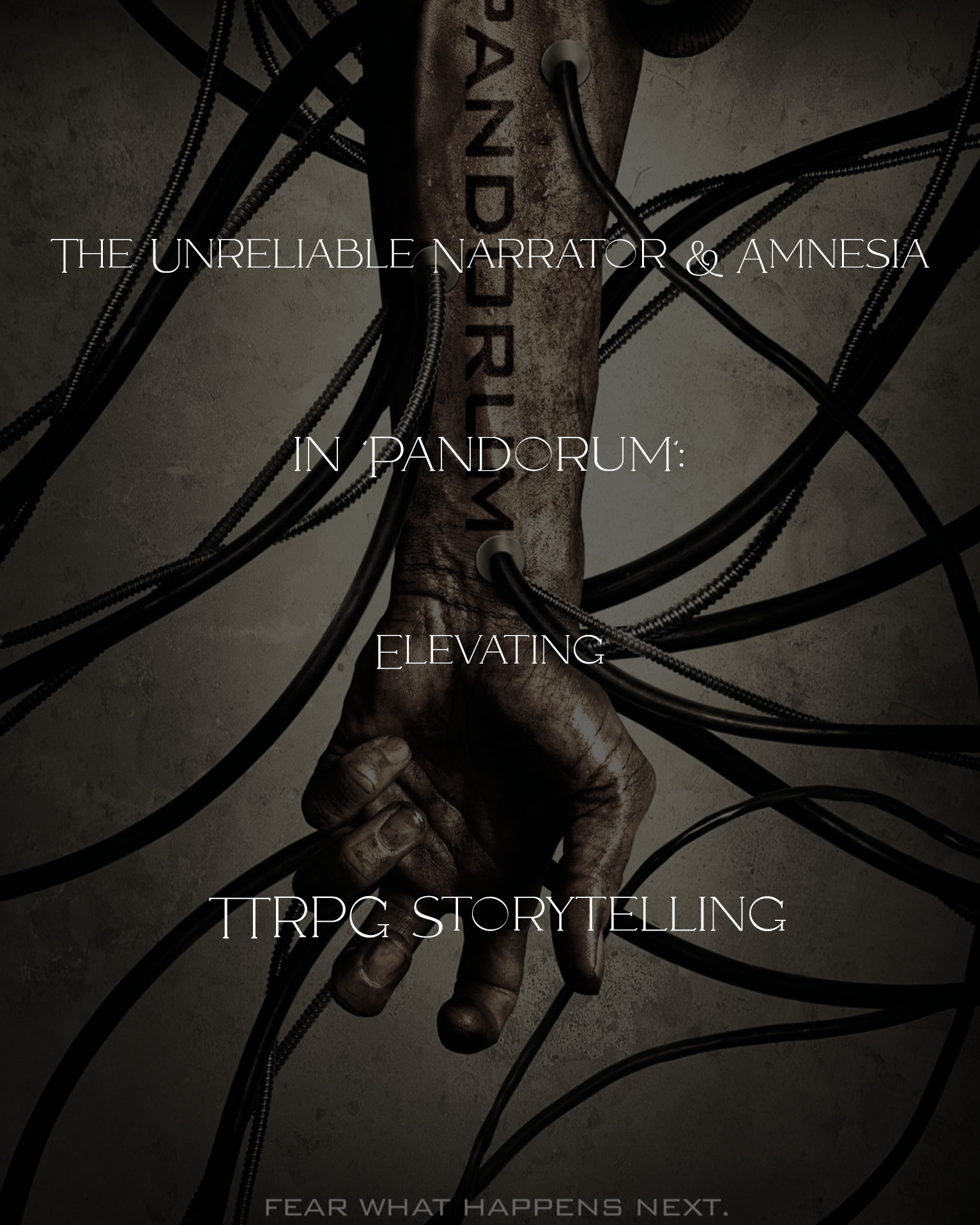The Unreliable Narrator and Amnesia in 'Pandorum': Elevating TTRPG Storytelling
What do you do when you can’t trust your own memories? This dilemma lies at the heart of the 2009 movie "Pandorum," a science fiction horror story set aboard the Elysium, a colony ship on a mission to save humanity. Disaster unfolds as crew members awaken to chaos, unable to rely on their own memories. The film's use of amnesia and the unreliable narrator not only adds depth and complexity but also serves as a compelling study in narrative craftsmanship. For game masters and storytellers, "Pandorum" offers invaluable lessons in utilizing similar themes to enrich tabletop role-playing games (TTRPGs). This article delves into "Pandorum’s" narrative strategies, their impact on storytelling, and practical tips for integrating these elements into your TTRPG sessions.
(Spoilers for Pandorum Below
Pandorum: Space Madness
The title of this movie is the name of the in-universe condition that affects deep space travelers. According to Bower,
“Three years into their shift, one of their officers had a psychological breakdown. The doctors referred to it as ODS symptom. The privates, we call it Pandorum. It drove him insane. He became convinced that the flight was cursed. Evil.”
Both Bower and Payton believe they are being affected by Pandorum, and that it causes them to not trust their senses. This creates an atmosphere of distrust and confusion through the story that makes viewers question every action, wondering who to trust.
At the end, Payton is actually Gallo, an officer who went insane, killed his crew, and induced pandorum in other passengers before going back to hyper-sleep. In the end, when this is revealed, it creates a cascade of understanding. Loose threads throughout the movie become clear, changing some assumptions viewers would have made earlier on. Pandorum’s psychological horror, as portrayed through the amnesia and unreliable narrator, is a powerful narrative tool, and one that works for a few reasons.
Dissecting 'Pandorum’s' Narrative Techniques: Amnesia and the Unreliable Narrator
Pandorum does a wonderful job of introducing Psychological Horror through the use of amnesia and the unreliable narrator trope. It takes the story and elevates it, adding mystery and tension through the lack of information provided to the audience. It does so in a few ways.
Unreliable Narrators: Shaping Perceptions in 'Pandorum' and TTRPGs
When Pandorum starts, we follow Corporal Bower. Having woken up, he eventually meets with Payton, who later turns out to be Gallo. Like Bower, we inherently trust everything that Payton/Gallo says to us, but in truth, he is an unreliable narrator. There are elements of his story which we just do not know, nor does Payton. This revelation later on helps to build up the tension.
As a viewer, we only know what the movie shows us. That makes us inclined to trust the characters we see on screen, unless told otherwise. As we go, the holes in the information we have to start to make us realize that even our narrators might not know what they see. This builds a sense of mystery and anxiety that pushes the psychological horror in this movie.
Amnesia: Forgetting the Past to Enhance Storytelling
A side effect of being woken up prematurely is partial amnesia, and this affects both Bower and Payton/Gallo. At the start of the movie, neither character can remember much besides the basics. Both even question their situations, not truly understanding why they know what they do, but trusting their knowledge.
For a large part of the movie, Bower is looking for his wife. He has fleeting memories of her, but lacks the full picture. These memories motivate him to find her stasis pod, hoping to save her from the monstrous humanoids that have taken over most of the ship. It is not until the climax of the movie that he remembers that his wife never joined him on the ship. She had stayed behind on earth and had perished because of it. That moment of realization is heavy for both Bower and the viewer as we realize his search has been in vain.
Our main characters spend much of the film grappling with partial amnesia. This uncertainty about their identities and purposes significantly enhances the film’s tension and mystery. With all that is going wrong around them, this lack of information is fuel for the fire. Having key memories come back at opportune moments also does an excellent job of creating tension, as we see with Bower. Amid his tension, he realizes his wife, who he has been searching for, is not even on the ship and you can feel the weight of that knowledge. Building on the unsettling foundation of an unreliable narrator, ‘Pandorum’ further complicates its narrative through the use of amnesia.
Pandorum: Harnessing Psychological Horror in TTRPGs
Both Bower and Payton/Gallo have a disorder from their travel in space, which is called pandorum. This disorder causes psychosis when under heavy emotional duress, and it plays a powerful role in building out the tension in this movie. As the movie progresses, the tension increases, as does the stress for both Bower and Payton, and the pandorum affects their perceptions.
In a gripping twist, Payton converses with who he believes to be a young Corporal Gallo. This figure, revealed to be a hallucination, underscores the insidious effects of Pandorum. Such moments reveal how deep space travel can fracture one’s grip on reality.
Learning about pandorum early on seeds the doubt in the minds of the audience. If our main characters are prone to hallucinations in this ship, it could affect their perception. An abandoned ship adrift in space already sets a ominous scene, with every sound being a potential threat. Heightened tension ensues when our main characters can no longer trust their senses, amplifying the psychological horror.
How to Use Pandroum at Your Table
Make Your NPCs Unreliable Narrators: Create intrigue by designing NPCs whose information is not entirely reliable. This technique, akin to the portrayal of young Corporal Gallo, can weave complexity into your narrative.
Amnesia and Memory Loss: Drawing inspiration from Bower’s search for his wife, incorporate amnesia or memory loss to deepen the narrative and drive character motivation.
Pandorum and Not Trusting Your Senses: Use elements of deception and hallucination to create pivotal story moments. This can mirror the tension found in “Pandorum” when characters cannot trust their own senses.
Final Note: Balancing Psychological Horror with Player Engagement
Psychological horror elements like the unreliable narrator, memory loss, and hallucinations can have a powerful effect on the game. They make players question what they perceive, and add a layer of deception to the world. This can be a powerful tool, but needs to be used carefully.
When we play tabletop roleplaying games, all information will come from the players interacting with the game master. As game masters, we serve as the senses for the party, telling them what they see. When we use subvert these expectations, it can create distrust at the table. If a game master used these tools once, they could again. In small doses, this can help to build a compelling story, but too much can cause issues at the table. You want your players to trust you and have a good time.
It’s crucial to remember the impact of psychological themes on players. Before introducing elements like memory loss or hallucinations, consider having a discussion with your players about their comfort levels. Session 0 is an excellent opportunity to set expectations and establish boundaries, ensuring that everyone’s experience is enjoyable and respectful of personal limits.
Conclusion
In the dark corridors of Pandorum we’ve found the potent narrative devices of the unreliable narrators, memory loss, and mistrusting one’s senses, revealing their power in storytelling. These elements not only enhance the intrigue and complexity of narratives but also engage the audience in a thought provoking experience. For game masters, adopting these techniques can elevate TTRPG sessions from mere games to unforgettable adventures, weaving stories that linger in players’ minds long after the campaign has closed.
We’ve explored how ‘Pandorum’ leverages the unreliable narrator, amnesia, and psychological horror to create a compelling narrative. Now, I’d love to hear from you! Have you used similar narrative devices in your TTRPG sessions? What challenges did you face, and how did your players respond? Share your stories and tips in the comments below to help inspire fellow game masters to craft their unforgettable adventures.





